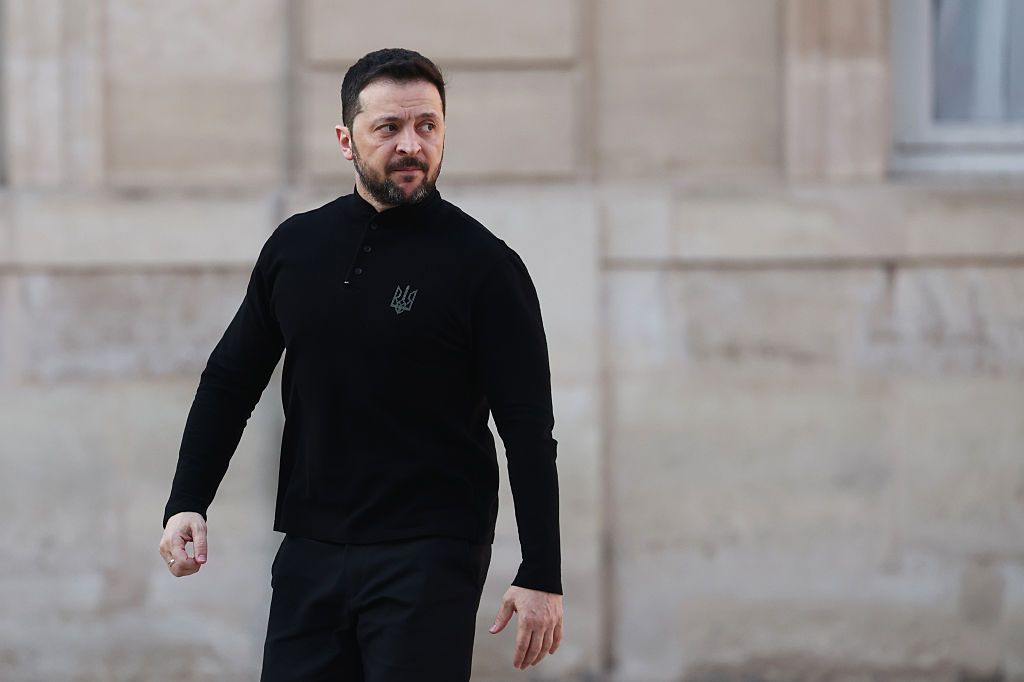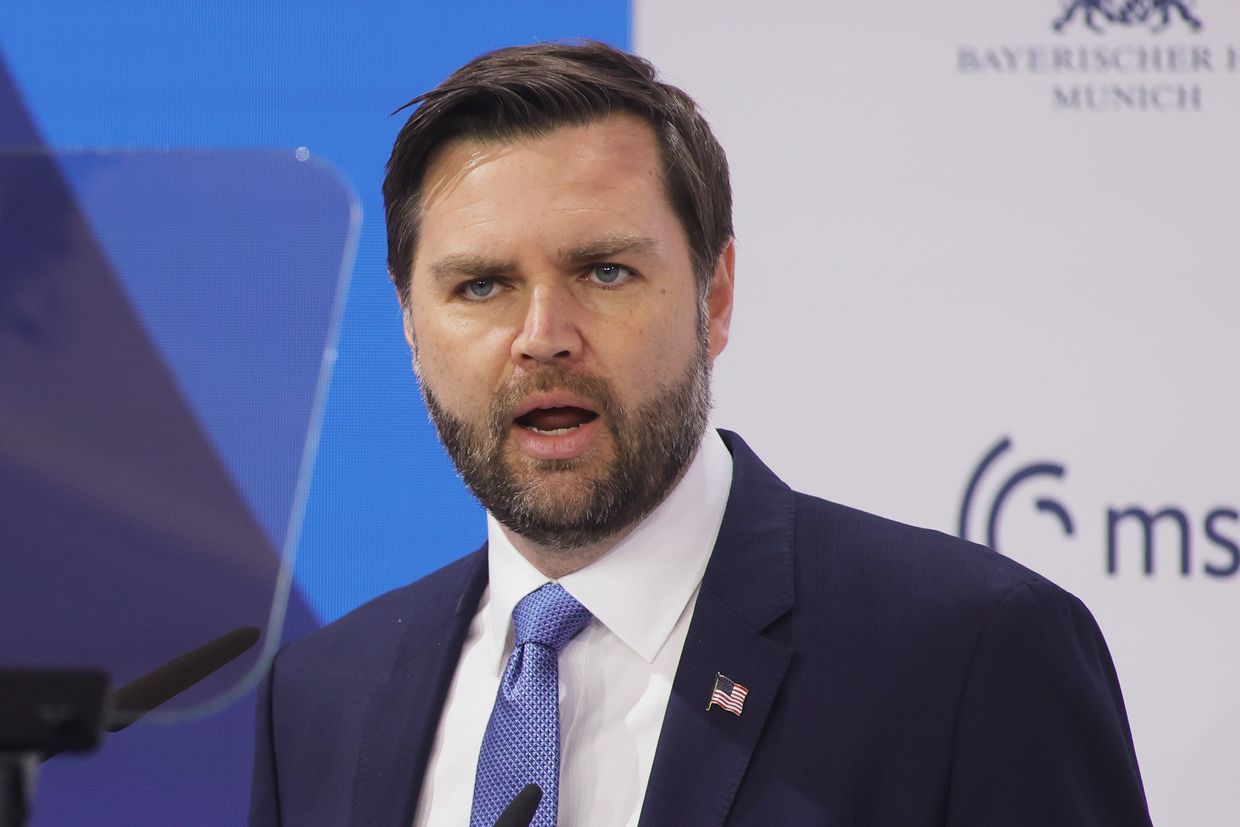The U.S. is "evaluating" conditions put forward by Russia after Moscow agreed "in principle" to a Black Sea ceasefire, U.S. Secretary of State Marco Rubio told reporters on March 26 during a visit to Jamaica.
"Obviously, after our meeting (in Saudi Arabia), as part of their release, the Russians detailed a number of conditions that they want to see met in order to do that," he said.
The U.S., Russia, and Ukraine agreed to "eliminate the use of force" and prevent commercial vessels from being used for military purposes in the Black Sea, the White House announced on March 25, following two-day talks in Saudi Arabia.
The Kremlin later said the ceasefire would take effect only if Western sanctions on Russian food producers, exporters, and financial institutions — including Rosselkhozbank — are lifted and if Russia is reconnected to the SWIFT payment system.
Ukraine has already agreed to a U.S.-proposed full 30-day ceasefire, saying on March 11 that Kyiv is ready to take such a step if Russia also agrees to the terms. So far, Russia has refused, instead attempting to extract major concessions from the U.S. in exchange for partial ceasefire agreements.
According to Rubio, some of the sanctions Russia wants lifted "are not ours — they belong to the European Union."
Moscow also demands the removal of sanctions on Russian-flagged cargo vessels involved in food and fertilizer trade, as well as on the import of agricultural equipment and fertilizers into Russia.
Rubio added that the U.S. received Russia's proposal for an "energy truce" and a conceptual framework for a future de-escalation mechanism.
European Commission spokesperson Anitta Hipper reiterated that Russia's "unconditional withdrawal" from Ukraine remains a key precondition for any changes to EU sanctions.
The EU's current sanctions framework imposes economic restrictions on over 2,400 individuals and entities linked to Russia.














